As healthcare is becoming increasingly tech intensive, hospitals know too well that investing in medical technology is inevitable. They are always open to procure a latest scanner or a surgical robot. But when it comes to investing in telemedicine or online consultations, not all hospitals realise the huge potential it holds for improving healthcare delivery and brand image.
Let us consider how online consultations and surgery recordings work, the two immediate opportunities in the virtual healthcare delivery space. With online consultations, patients can book appointments, and have discussions on symptoms and medical history with specialists while doctors can effectively diagnose health issues and share their prescriptions. Surgery recordings too have improved the healthcare outcomes. With specialised recording equipment and technology, it is possible to record or live-stream high-quality video and audio of the surgical procedure. Most importantly, feed from existing surgical scopes like the endoscope or laparoscope can be integrated into the recording system. With two-way communication systems integrated, Surgeons can also receive real-time guidance from experts sitting elsewhere.
The major benefits of such virtual collaborations can be grouped into 3Es: 1) Evidence, 2), Education, and 3) Experience.
Evidence
As doctor-patient interactions during online consultations are recorded, they serve as a solid proof that all crucial information about diseases – and the pros and cons of treatment options are shared for the patient to make informed decisions. Similarly, video recordings of surgeries can be a valuable addition to Electronic Medical Records (EMRs) as they can capture details such as the surgical technique used, the placement of surgical instruments, and the extent of tissue removal, and so on. Video recordings of “timeout” procedure can also serve as evidence that the hospital has verified all the details about the patient, procedure, and surgical site. The recordings are also helpful in insurance-related matters.
Education
As video recordings provide a visual and auditory record of the surgery, including the surgical techniques used, the anatomy involved, and the outcomes of the procedure, they can be used to train medical students, residents, and other healthcare professionals on surgical techniques and procedures. Live streaming of surgeries help students to watch and interact with surgeons even when they are not physically present at Operation Theatres. The recordings are also used for analysis that can go a long way in supplying surgeons with insights into scope for improvement in the performance of surgeries.
Experience
Online consultations have become a convenient way to access medical advice and treatment especially for those who have mobility issues, busy schedules, or live in remote or underserved areas. The patients can receive medical care from the comfort of their own homes or other remote locations, reducing the need for travel and saving time. Video consultations can provide a more natural form of communication than phone consultations, allowing doctors and patients to better understand each other and develop a stronger doctor-patient relationship. They eliminate the fear of infection risks for both patients and doctors, especially when there are public health concerns, such as during a pandemic.
And there is a bonus E, which stands for Earnings. Though Return on Investment in the context of video collaborations and recordings cannot be always measured in monetary terms, these healthcare technology solutions can have direct impact on the financial health of the hospitals. Going by the experience of the hospitals that thrive in video collaborations, the healthcare technology solutions have helped boost the productivity of the doctors, and optimize the size of non-medical staff on roll, making a strong business case why hospitals should pay equal attention to information technology as they do to medical technology.



